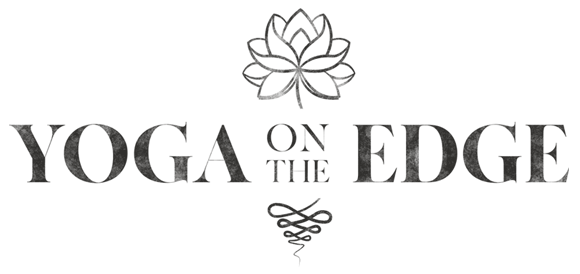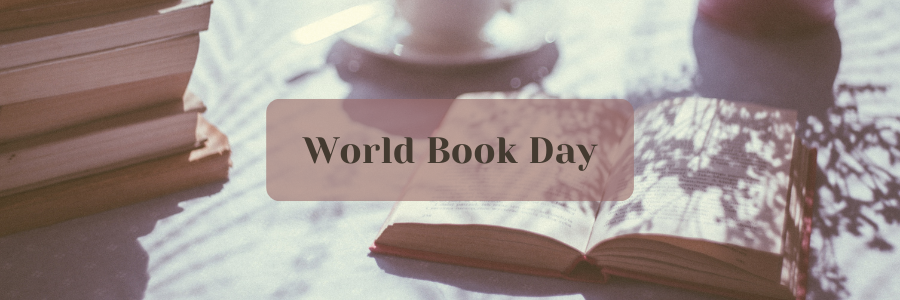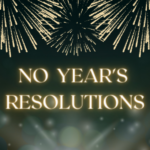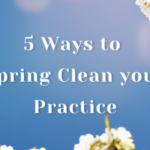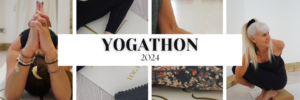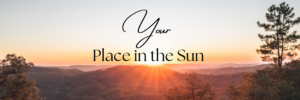World Book Day (March 2nd) is a charity-run endeavour to encourage the habit of reading for pleasure in children and young people. It’s now observed in over 100 countries around the world, so if you’re a parent or teacher you may be well-versed in the last-minute World Book Day costume… But, do you ever get a chance to enjoy World Book Day for yourself? Whatever your age, it’s a great opportunity to connect back into reading as a pastime!
Read something Yogic
If you’re looking to take your yoga off the mat, reading something yogic is a great way to deepen your practice.
Like yoga itself, the books on the subject can span the wide range of the human experience. There are teaching tomes, asana-based books and philosophy deep dives.
If you’re not sure where to start, you might dip a toe into some of the cornerstone texts such as The Yoga Sutras of Patanjali, the Bhagavad Gita, or Hatha Yoga Pradipika, which have long been recommended reading books for yoga students and teachers alike. These foundational texts have been much translated and interpreted over the years, so you might choose a translation that offers commentary, which explains the translation and offers insight.
If you have a specific area of interest in yoga, such as anatomy – you will find lots of interesting reads – a classic is Yoga Anatomy, by Leslie Kaminoff. You may be interested in the esoteric anatomy and explore some books on the chakras – Anodea Judith is a good starting point here. Myths of the Asanas: The Stories at the Heart of the Yoga Tradition by Alanna Kaivalya & Arjuna van der Kooij is a beautiful book for anyone interested in the stories of yogic myth.
B.K.S Iyengar – founder of Iyengar yoga – wrote several books which endure as essential yoga reading, including:
- Light on Life
- Light on Yoga
- Light on Pranayama
These are all great books, but Light on Life: The Yoga Journey to Wholeness, Inner Peace and Ultimate Freedom is a particularly good place to start.
Svadhyaya (self study)
Reading to deepen your understanding of yoga need not stop at the traditional books.
In the Yoga Sutras, the 8 limbs of Yoga are laid out as tenets for living life in a more fulfilling way. The 1st and 2nd limbs are the Yamas and Niyamas are lists of personal disciplines and societal values, one of which is Svadhyaya. Svadhyaya is a Niyama meaning ‘self-study’, which can mean self-directed learning, the undertaking of the learning for your own development. But it could also mean study of the self, as the Bhavagad Gita says, “Yoga is the journey of the self, through the self, to the self” and as such you could look for reading materials that help you understand yourself deeper or enrich your life in other ways; poetry, trauma-informed yoga practices, ayurveda for health and wellness.
Recommended reads from some of our teachers
Ultimately, World Book Day is all about reading for pleasure – so we asked some of our Yoga on the Edge teachers for recommendations:
Matt Ryan recommends Hardcore Zen:Punk Rock, Monster Movies and the Truth About Reality, by Brad Warner. It charts the author’s journey from 80s Punk-band bassist to Zen Master (although he himself would refute that title!) Matt says, “this book made more sense then all the yoga books I’ve ever read”
Clare Broomhead’s pick is The Body Keeps the Score: Mind, Brain and Body in the Transformation of Trauma by Bessel van der Kolk. Whilst this isn’t strictly a yoga book, it is very popular and much recommended amongst yoga practitioners. Psychiatrist Dr Van der Kolk explores the impact of trauma on the body – Clare describes it as, “enlightening as to exactly what stress and anxiety can do to you.”
Trish Hill’s favourite book is Waking: A Passage Into Body by Matthew Sanford, which she rates as, ‘a truly enlightening and inspirational story of how yoga changes a young man’s relationship with his very broken body and mind.’ Yoga teacher Matt Sanford has been paralysed from the chest down since a traumatic accident. What follows is a journey through his recovery, his life, and his path towards studying and teaching yoga.
Hazel Young’s pick(s) are The Living Gita. The Complete Bhavagad Gita by Swami Satchidananda. “This was recommended reading from my own teacher, and I have found it to be a practical and accessible commentary on the Bhagavad Gita for modern readers,” says Hazel. She also loves Yoga for Emotional Balance: Simple Practices to Help Relieve Anxiety and Depression by Bo Forbes. In this book Forbes challenges “the myth of instant healing”, and emphasises the impact of simple, repeated practices to help manage wellbeing.
What is your favourite yoga read? Are you adding any of these to your wishlist?
Add your comments and recommendations, and help us create a community reading list!
Or, for more reading on Yoga Off The Mat, check out our recent posts on Winter Morning Warmers to keep you going till Spring, or Yoga for Mental Health.
